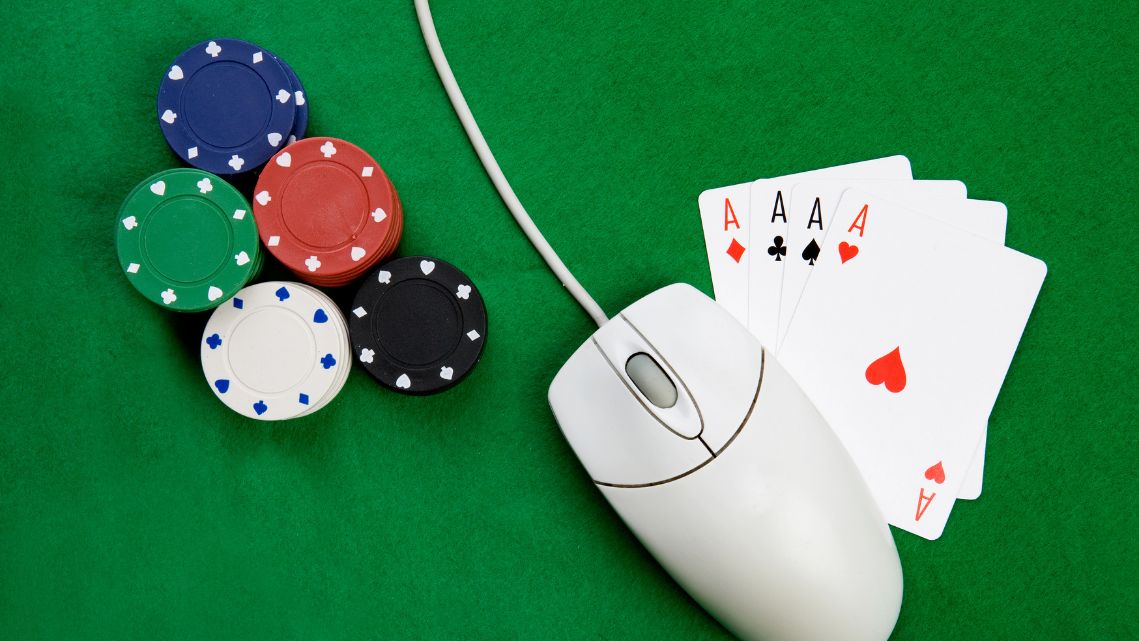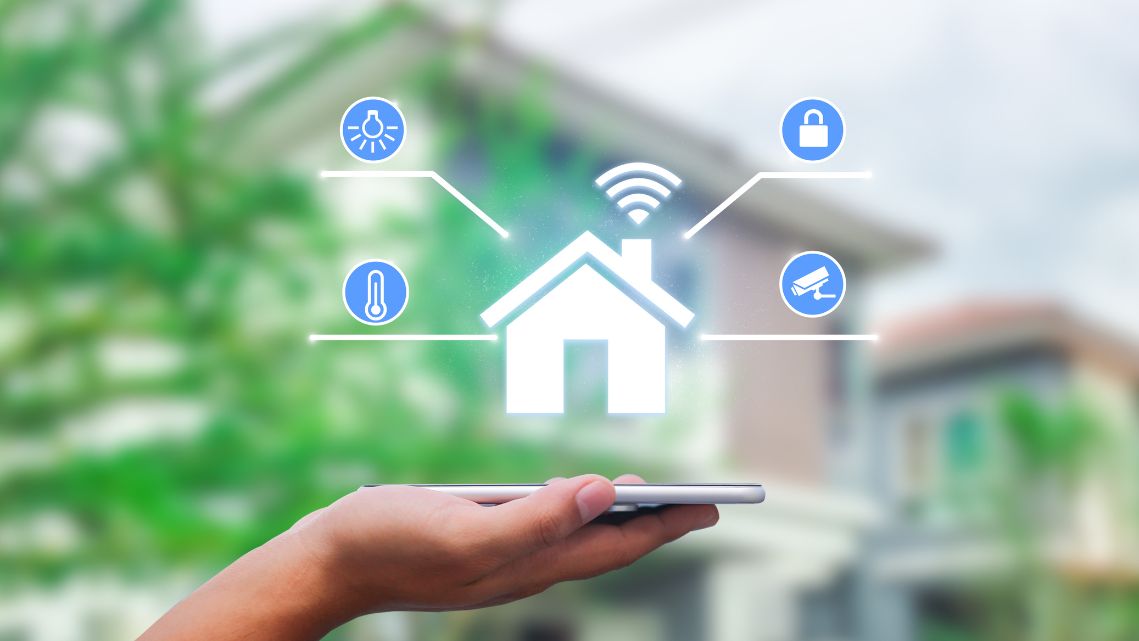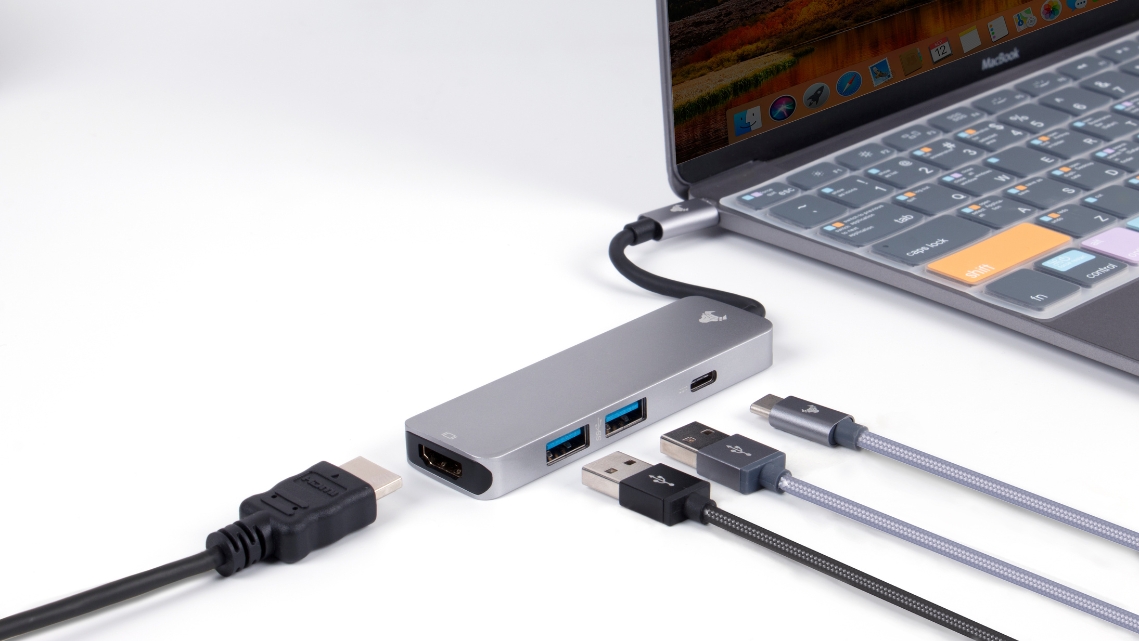Maintain Your Computer's Hardware
Regular Cleaning for Optimal Performance
Keeping your computer’s hardware clean is a fundamental step in extending its lifespan. Dust, dirt, and debris can accumulate within the computer’s components, leading to overheating and potential hardware failure. Regularly clean the exterior of your computer using a soft, lint-free cloth, and consider using compressed air to blow out dust from vents and components.
Inside the computer, pay attention to the internal components such as the CPU heatsink, fans, and power supply. Turn off and unplug your computer before opening the case, and use compressed air to carefully clean these components. Be gentle to avoid damaging delicate parts.
Maintain Adequate Ventilation
Proper ventilation is essential to prevent overheating, which can significantly impact your computer’s hardware. Ensure that your computer has sufficient space around it to allow for proper airflow. Avoid placing the computer in cramped spaces or against walls that could obstruct airflow.
Additionally, consider using cooling solutions such as additional case fans or laptop cooling pads to help dissipate heat effectively. Overheating can lead to reduced performance, hardware malfunctions, and a shorter lifespan, so maintaining proper ventilation is crucial.
Monitor and Manage Temperatures
Monitoring your computer’s internal temperatures can provide valuable insights into its health. Install hardware monitoring software that allows you to track the temperatures of key components such as the CPU and GPU. High temperatures over extended periods can cause thermal stress on hardware, leading to premature failure.
If you notice consistently high temperatures, consider improving ventilation, reapplying thermal paste to the CPU, or adjusting fan speeds through BIOS settings. Keeping temperatures within recommended ranges can significantly contribute to prolonging your computer’s lifespan.
Regular Hardware Inspections
Performing regular hardware inspections is essential for detecting early signs of wear or potential issues. Check for loose or damaged cables, connectors, and components. If you notice any physical damage or anomalies, address them promptly to prevent further damage.
Inspecting your computer’s hardware also includes checking for signs of corrosion, particularly in areas prone to moisture exposure. Corrosion can lead to poor connectivity and ultimately affect your computer’s performance.
Protect Against Power Surges
Power surges can cause irreparable damage to your computer’s hardware. To protect against power surges, consider using a surge protector or uninterruptible power supply (UPS). These devices help regulate voltage and provide a buffer against sudden spikes in power.
A surge protector with multiple outlets can safeguard not only your computer but also other connected peripherals, such as monitors, printers, and external hard drives. This extra layer of protection can prevent hardware damage caused by unpredictable power fluctuations.
Here are some additional resources.
conclusion
Maintaining your computer’s hardware is essential for ensuring its longevity and optimal performance. By regularly cleaning components, maintaining proper ventilation, monitoring temperatures, conducting hardware inspections, and protecting against power surges, you can extend the lifespan of your computer and enjoy a seamless computing experience for years to come.
Remember, the keyword “maintain your computer’s hardware for extended lifespan” has been thoughtfully placed throughout the content to enhance search engine visibility and provide valuable guidance to individuals seeking effective ways to maximize the longevity of their computers.





